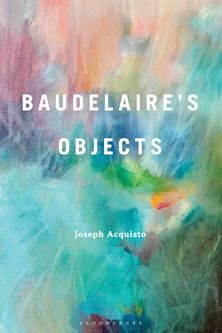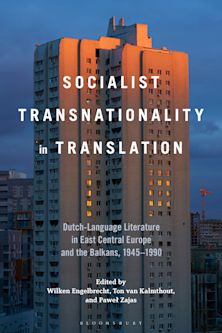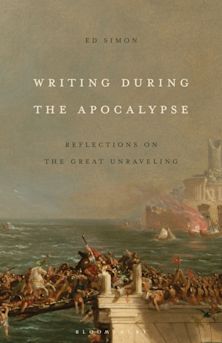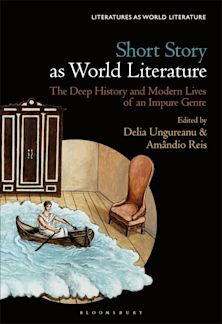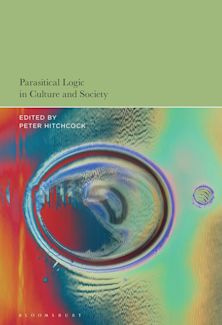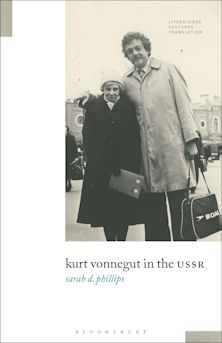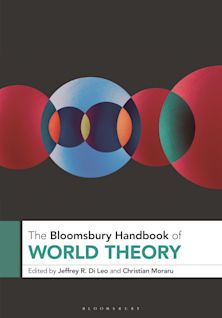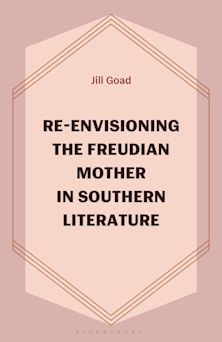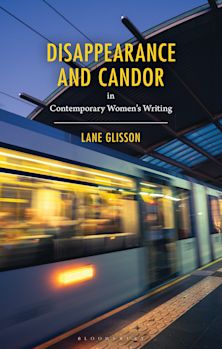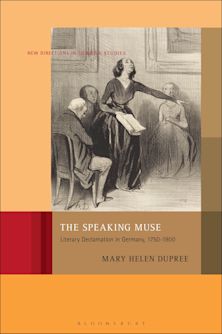- Home
- ACADEMIC
- Literary Studies
- Comparative Literature
- Literature in Late Monolingualism
Literature in Late Monolingualism
Literacies for the Linguacene
Literature in Late Monolingualism
Literacies for the Linguacene
You must sign in to add this item to your wishlist. Please sign in or create an account
Description
Monolingualism is bad; literature is good - right?
For many of us monolingualism is associated with closed-mindedness, political nationalism, and a general hostility to diverse knowledges and experiences of the world. In contrast, literature continues to stand allegedly unbeholden, as a symbolic beacon for expansive human expression and insight - making meaning astride Earth's thousands of human languages.
But what if this division of virtue and vice isn't quite right, leading us to overlook the uninterrupted historical and aesthetic collusion between political monolingualism and literary novels today? What if novels made in a European mold tend to be much more indebted to monolingual structures, ideologies, and styles than their publishers, and even their critics, care to acknowledge?
Instead of whistling past such a discomfort, Literature in Late Monolingualism recognizes it squarely - detailing the important ways in which many authors of contemporary novels do so too. As it turns out, these authors and their novels tend to be far less skittish than their marketers are about the vast implications of monolingualism in literature, literary critique, and civic life. Rather than rebuking monolingualism as a social vice or a personal shortcoming, authors from China Miéville to Dorthe Nors to Karin Tidbeck to Neal Stephenson investigate it dauntlessly, aiming to show us in vivid terms how monolingualism is still often calling the shots in our globalized aesthetic and political cultures today.
Table of Contents
Preface
Introduction: Monolingualism's Ages
1. A Citizen's Compromise
2. A Translator's Vertigo
3. An Engineer's Contempt
4. An Immerser's Ecstasy
Afterword: Literacies for the Linguacene
Works Cited
Index
Product details

| Published | 14 Nov 2024 |
|---|---|
| Format | Ebook (PDF) |
| Edition | 1st |
| Extent | 240 |
| ISBN | 9798765113943 |
| Imprint | Bloomsbury Academic |
| Publisher | Bloomsbury Publishing |
About the contributors
Reviews
-
A brilliant and incisive exploration of the real and urgent challenges faced by the contemporary novel form on our multilingual planet. No one who genuinely cares about the future of literary creativity or
the diversity and status of human languages in our world can afford to ignore Literature in Late Monolingualism.Michael Cronin, 1776 Professor of French, Trinity College Dublin, Ireland
-
From David Gramling, one of the most prominent and sincere thinkers of mono- and multilingualism, comes Literatures in Late Monolingualism, a multifaceted examination of linguistic form of the novel in the contemporary era and a formidable study that diagnoses manifestations of monolingualism from our everyday lives to creative genres. Gramling has a special gift for drawing on and connecting
literary studies, AI writing technologies, and translation studies, and leavening his observations with his compellingly powerful scholarly writing! A very rewarding book for anyone interested in language
today, within or outside of the academy.B. Venkat Mani, Evjue-Bascom Professor in the Humanities, University of Wisconsin- Madison, USA
-
In recent years, David Gramling has produced a series of provocative, searching analyses of the invention and function of both monolingualism and multilingualism in the contemporary world. In
Literature in Late Monolingualism, he extends this existing reflection into the sphere of the novel. Navigating his way through meticulously selected texts, Gramling questions as prematurely celebratory any claims that the genre has become a zone of multilingual creativity, and invites us instead to take monolingualism seriously. The result is a book that will be essential reading for any student seeking to
understand the interplay of literature, language, translation, and ideology in the opening decades of the 21st century.Charles Forsdick, Drapers Professor of French, University of Cambridge, UK

ONLINE RESOURCES
Bloomsbury Collections
This book is available on Bloomsbury Collections where your library has access.













